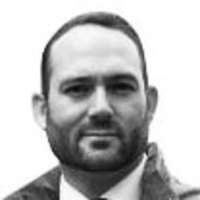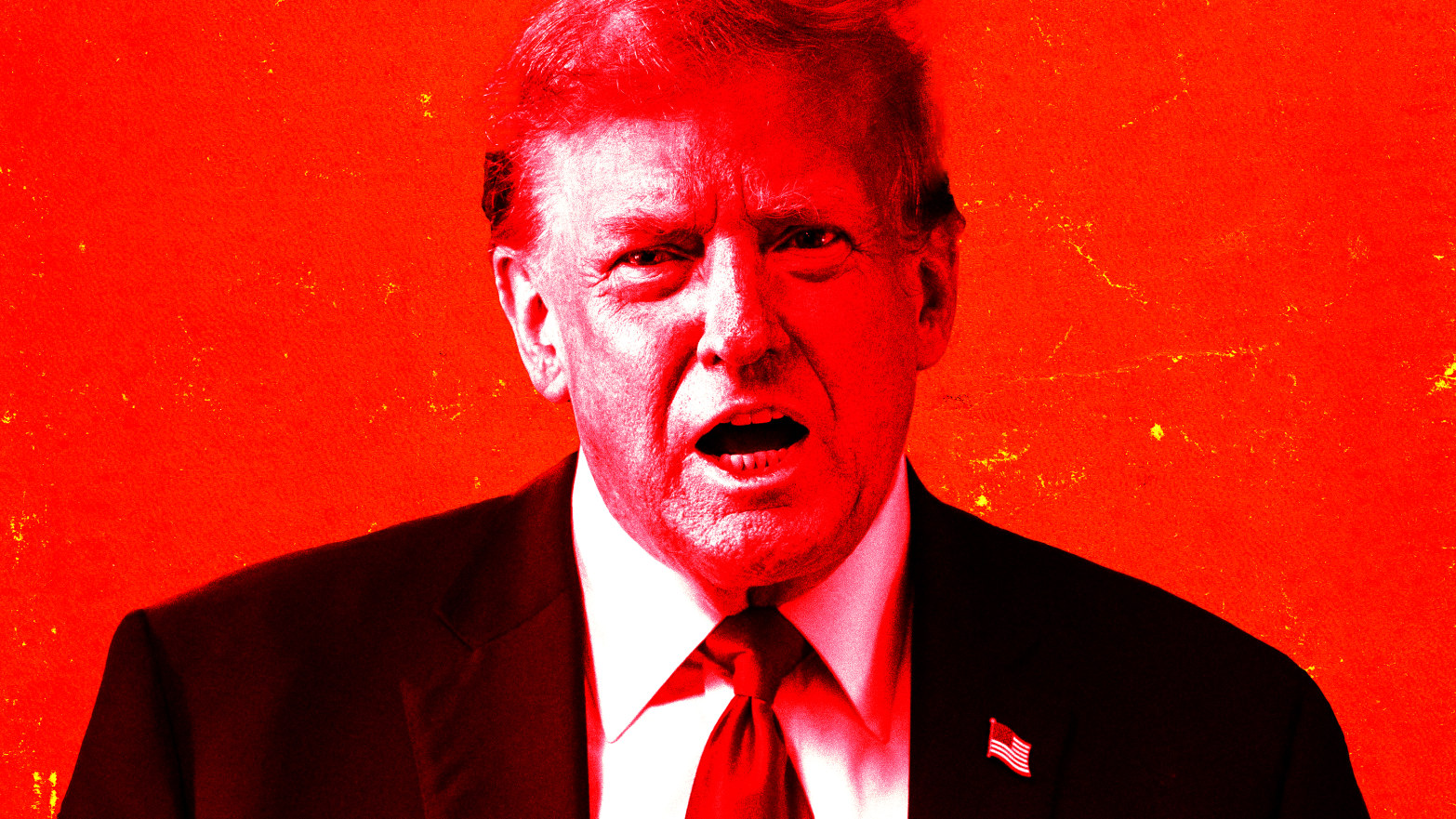The jurors haven’t even been selected yet. The trial really hasn’t even started. But as Donald Trump’s first day in criminal court wrapped up on Monday, the former president already seemed to be losing.
New York Supreme Court Justice Juan Merchan displayed little patience for, as he insisted on calling him, “Mr. Trump.” That the judge is already over the former president’s antics is abundantly clear. And as Trump’s lawyers repeatedly tried to push the bounds of the trial’s restrictions, it became increasingly evident that the judge isn’t going to extend the former president the latitude he seeks—and is accustomed to expecting—for a trial that could extend past two months.
No, Trump can’t skip court to attend his historic showdown at the Supreme Court next week.
Yes, if he plays hooky, he’ll spend the next few weeks in a New York City jail and be tried in absentia.
No, his lawyers can’t have an extra day to file paperwork that they should have filed two months ago.
And will he be able to attend his little Barron Trump’s high school graduation next month? Maybe, but don’t count on it.
It didn’t help that Trump’s lead defense lawyer, Todd Blanche, tried to squeeze out a day for his client to miss court next week, letting it slip that Trump—who oscillated between stone-faced scowls and dozing off in court on Monday—really, truly didn't seem to want to be present.
“We aren’t even even supposed to be here,” Blanche said in the last few minutes of the day, only to have the judge in front of him snap to attention.
Merchan shot back: Because he'd rather be campaigning?
What he meant, Blanche clarified, was that the GOP presidential candidate is opposed to having this historic trial in the middle of an election year. But Merchan was having none of it. He warned the Trump team that he’d already chucked aside those complaints—and that they shouldn’t be brought up again.
What was supposed to be the start of a contentious and drawn-out jury selection Monday was instead dominated by prosecutors and defense lawyers duking it out over unresolved legal issues in the trial of the century.
Lawyers on both sides spent the entire morning—and some of the afternoon—getting a sense of what to expect from the judge for the next few weeks, as Trump is forced to largely put his ongoing campaign on hold and appear four days a week on the 15th floor of the Manhattan criminal courthouse.
Just like the three Trump trials that have happened during the past year—all within a single New York City block—this proceeding was marked with more attempted delay games, as well as stern warnings about Trump's incessant and violent political rhetoric.
Unlike the other trials, however, this one is for Trump’s freedom.
By the end of the day, more than 50 potential jurors were excused from service for admitting they couldn’t impartially consider whether the most divisive politician in modern history broke the law when he paid the porn star Stormy Daniels $130,000 to keep quiet about their 2006 one-night stand during the closing days of his 2016 presidential campaign. Only a half-dozen potential jurors were able to get through answering out loud the 42 questions meant to screen them.
The official estimate on the trial’s duration has always been six to eight weeks. But if the first day is any indication, this trial—officially about falsifying business paperwork—could stretch on far past two months.
The judge quickly came to the same conclusion, cautioning the lawyers that his initial plan to recess on Wednesdays might be scrapped after all. And one New Yorker, who appeared keen on serving as a juror at first, was excused by the judge when the man mentioned that he would have to fly out to Seattle in early June to attend his daughter’s wedding. Merchan congratulated him and let him go on his way.
This is, after all, a criminal trial of historic proportions, and it will take time to get through a lengthy witness list that’s as filled with political celebrities as it is long.
Soon after some 92 potential jurors filed into the courtroom and were sworn in, Justice Merchan read for the first time the more than 42 names on the witness list.
Every prominent member of Trump's family will likely show up in court at some point in the next two months, including his sons Don Jr. and Eric, his daughter and son-in-law Ivanka and Jared Kushner, and even his wife Melania.
Then there are the current and former MAGA associates, like Steve Bannon, Rudy Giuliani, Michael Cohen, and Kellyanne Conway. Media executives David Pecker and Dylan Howard might explain how they used their conservative National Enquirer to conduct catch-and-kill operations, silencing two women who sold their Trump affair stories, Stormy Daniels and Karen McDougal.
Jurors are also bound to hear from former Trump Organization accountants Allen Weisselberg and Jeff McConney, who keep getting punished in court for cooking the books. This time, they will be asked what they did to repay Cohen $420,000 for drafting a non-disclosure agreement.
It’s a high-stakes battle that will draw hundreds of journalists from around the world, with a line of reporters snaking around the courthouse halls every morning to witness whether Trump will ultimately face prison time on 34 felony counts of falsifying business records to engage in a cover up.
It explains why Merchan was so quick to dismiss Trump’s request to skip out next Thursday to attend his fateful day at the Supreme Court in Washington, D.C., where justices will decide whether a former president can claim total immunity on all kinds of criminal charges stemming from his activities while at the White House.
Having your day at the Supreme Court “is a big deal,” Merchan said. But facing trial in New York County is “also a big deal.”

